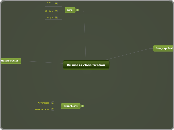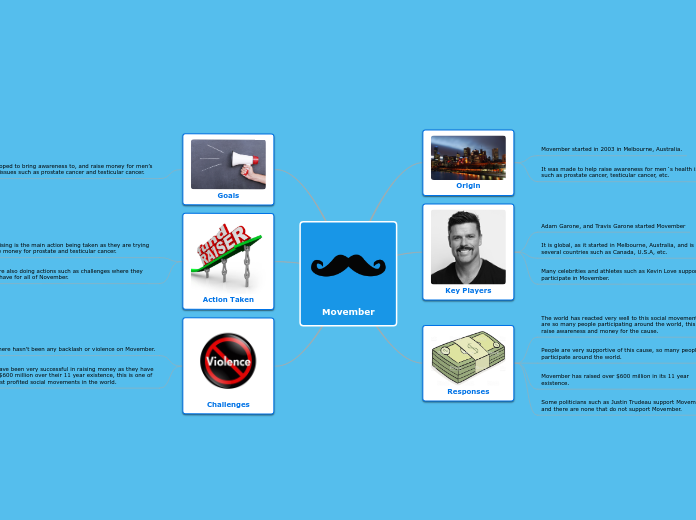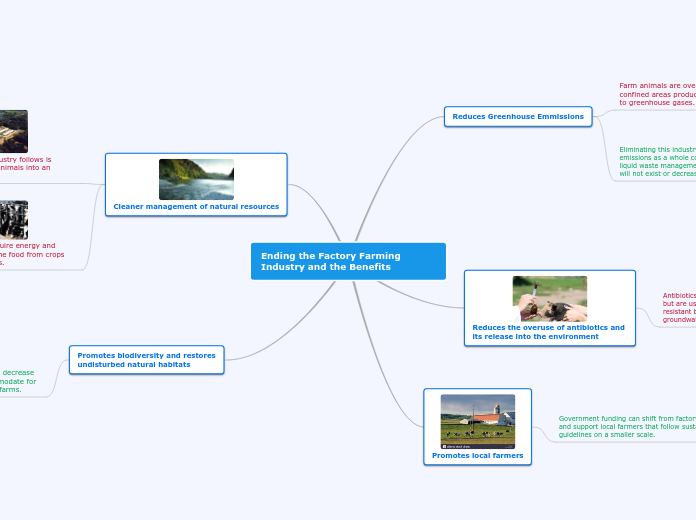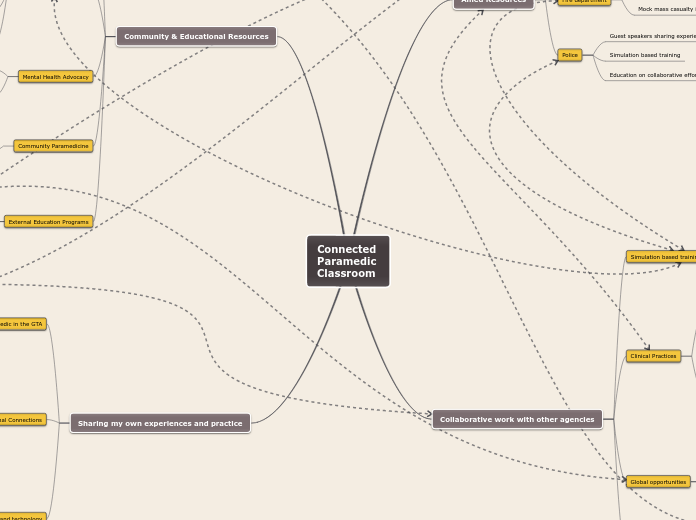Business classification
Franchises
A franchise is an agreement a person buy the right to use the name and distribute the goods or services of an exsissting business. The franchisor sell the rights to the franchisee. The franchisee receives a well known and advertised business name and the required training and staff development to setup their own store with very minimal stress.
Disadvantages
Franchisor:
.Unsuitable francisee
.Disagreement over conditions and terms of contract
Franchisee:
.Franchisor retains great deal of control
.Limited scope for individuality n business operations
.Disagreement over conditions and terms of cotract.
.If too successful, franchisor may open own outlet.
Advantages
Franchisor:
.Fast and selective product distribution
.Avoid costs of construction.
.Does not have to operate outlets
Franchisee:
.Oppurtunity to start wit limited finances
.Guaranteed customer base.
.Established name
.Managment back-up
.PRoven methods of business
Industry sector
Tertiary industry
Businesses in the teriarty group provide a service. The tertiary industry involves people performing a range of services for others. E.g retailers, dentists and banks.
Secoondary industry
Includes all businesses that take the output of firms in the primary sector and process the raw materials into finished or semi-finished products. E.g iron ore, coal and limestone are turned into steel. A semi-finished product used to create cars.
Primary industry
Primamry indutries include all those businesses in which production is directly associtaed with natural resources. E.g fishing, mining, forestry.
Size
Determined by number of employees, the number of owners of a business, market share, the legal structure.
Large
200 or more employees, owned usually by thousands of public shareholders. Public company.
Medium
Small or medium sized businesses are classified by:
.The owner makes most management decisions , such as who to hire, what to produce and how to advertise a product t.
.The owner provides most if the capital
.The business has little control within the market.
.Independently owned and operated
.Usually locally based
20-199 employees, owned and operated by a few people or private shareholders. Partnership/private company.
Small
Small or medium sized businesses are classified by:
.The owner makes most management decisisons , such as who to hire, what to produce and how to advertise a produc t.
.The owner provides most if the capital
.The business has little control within the market.
.Independently owned and operated
.Usually locally based
Less than 20 employees, independently owned by sole trader partnership.
Geographical spread
Global
A global business is a large business with a home base in one country that operates patially owned or wholly owned business in other countries.
National
When a business grows it's range of products, the area it can serve also expands. When this happens it develops into a national business. A national business operates within just one country. This expansion process contiunes within the country of origin until it runs out of customers to sell to. If the business wants to expand it will have to export and sell its products in other countries.
Local
A local business, such as a newsagent, corner store, hairdresser, mechanic or pharmacy, has a very restricted geographical spread. It serves the surrounding area and is in no position to offer a range of products to another suburb or town.









